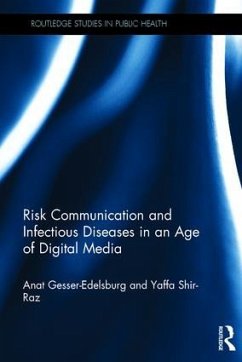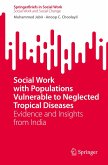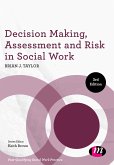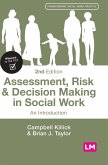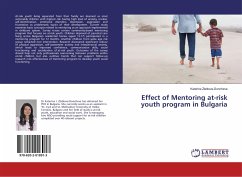In a digital world in which lay people have an increasingly strong voice in the public sphere, how can health organisations best exert influence to contain the outbreak and spread of infectious diseases? This book considers the challenges facing public health experts in communicating information effectively to their intended audiences in order to avert the risk of epidemic crises. Drawing on a range of global case studies, including Ebola, H1N1, SARS and HIV/AIDS, the authors examine the complex dynamics at play in digital media in relation to risk perception, scientific expertise and lay scepticism. They assess the implications for health communication policy and practice.
Hinweis: Dieser Artikel kann nur an eine deutsche Lieferadresse ausgeliefert werden.
Hinweis: Dieser Artikel kann nur an eine deutsche Lieferadresse ausgeliefert werden.

